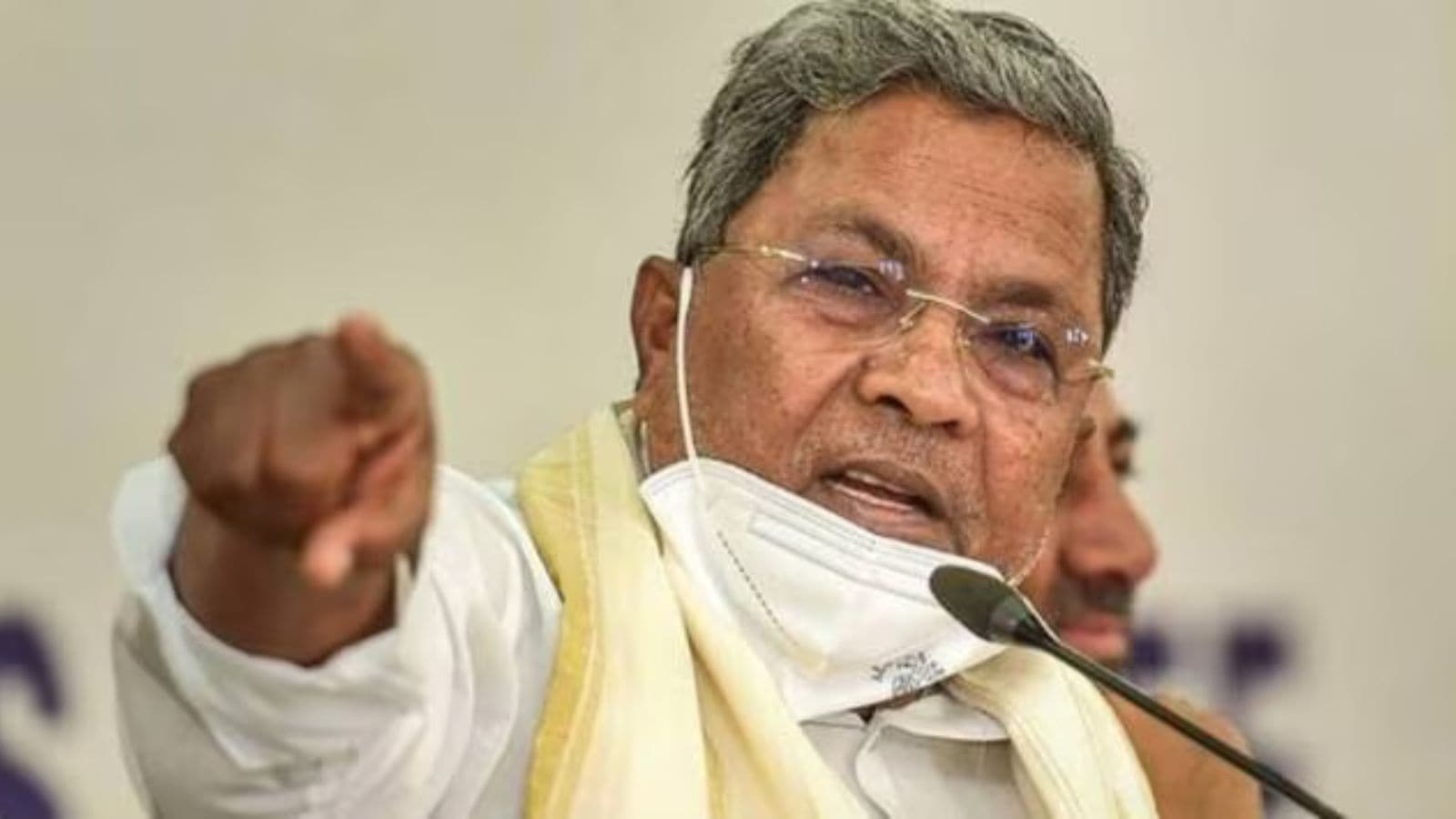 |
|
The political landscape in India is currently embroiled in a significant debate surrounding the proposed 'One Nation, One Election' bill. This initiative, recently approved by the Union Cabinet, aims to synchronize national and state elections, potentially streamlining the electoral process and reducing costs. However, this seemingly efficient solution has sparked considerable controversy, with several states expressing strong opposition. The crux of the disagreement centers around the potential infringement on states' rights and the perceived threat to the democratic fabric of the nation. Chief Ministers and political parties are voicing concerns that the central government's push for this bill represents a power grab, undermining the autonomy and decision-making capabilities of individual states.
Karnataka, governed by the Congress party, is the latest state to consider a formal resolution opposing the bill. Chief Minister Siddaramaiah has openly criticized the proposal, characterizing it as a 'sinister conspiracy' to curb the rights of states and an example of the BJP-led central government's 'authoritarian tendencies.' This strong condemnation echoes the sentiments expressed by the Kerala government, which has already passed a similar resolution, setting a precedent for other opposition-led states. Siddaramaiah's statement highlights the deep-seated concerns among opposition parties that the 'One Nation, One Election' plan serves primarily to consolidate power at the center, potentially silencing dissenting voices and marginalizing the interests of individual states.
The central government's justification for the bill rests on arguments of efficiency and cost-effectiveness. Proponents argue that holding simultaneous elections would minimize disruptions to governance, reduce election-related expenditure, and enhance national unity. However, critics argue that these benefits are outweighed by the significant risks to the democratic process. Concerns include the potential for smaller parties and regional interests to be overshadowed by national-level campaigns, the disruption of state-level governance during national election cycles, and the inherent challenges in synchronizing electoral schedules across diverse and geographically disparate states. The complexities of logistical arrangements and the potential for unintended consequences are points of contention among opposition parties.
The debate extends beyond the immediate practicalities of implementation. The underlying ideological clash highlights fundamental disagreements about the balance of power between the central government and individual states. Supporters of the bill see it as a measure to improve administrative efficiency and promote national cohesion. Opponents, however, view it as a significant step towards centralization, potentially undermining the principles of federalism that are crucial to India's democratic structure. The success or failure of this initiative will likely hinge on the extent to which the central government is able to address the concerns of opposition parties and convince them that the benefits outweigh the risks to state autonomy and the democratic process. This involves not just legislative maneuvering but also a broader political dialogue on the future of federal governance in India.
The coming months will see continued political maneuvering as states debate their responses and the central government attempts to garner support for the bill. The legal challenges and constitutional questions surrounding the proposal will further complicate the situation, leading to prolonged discussions and potentially legal battles. This debate highlights the ongoing tension between the desire for efficient governance and the need to preserve the principles of federalism and democratic pluralism. The ultimate outcome will have significant implications for the future of the Indian political system and the balance of power between the central government and its constituent states. The debate underscores the delicate balance between national unity and preserving the unique character and autonomy of individual states, a key challenge facing any large and diverse federal democracy.
